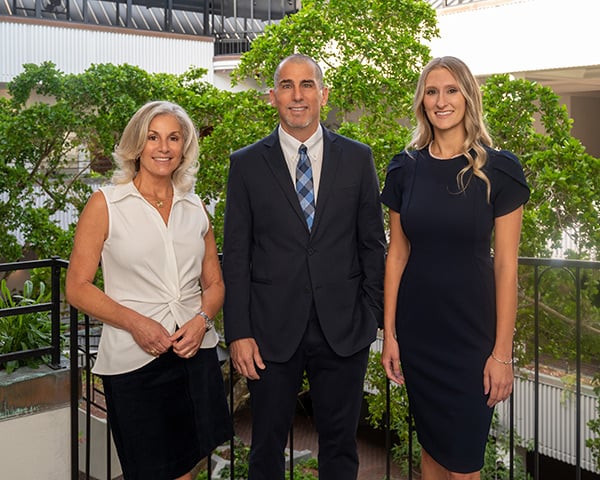This a common question arising during annual budget preparation time for condominium associations. As most of you are aware, reserve accounts are accounts established to provide funding to cover future anticipated major capital expenditures-such as roof replacement and lot repaving. Reserve accounts may be established for other items that will wear out and need to be replaced in the future. Maintaining reserve account allow associations to spread the cost of such major expenses over time so that they can avoid levying special assessments in the future when the projects need to be undertaken.Some associations, for various legitimate reasons are less concerned about avoiding large future special assessments, and opt to only partially fund reserve accounts or even forgo reserve accounts altogether. Section 718.112(2)(f)2., Florida Statutes, requires the establishment of reserve accounts for certain capital expenditures and deferred maintenance: (1) roof replacement; (2) building painting; (3) pavement resurfacing; and (4) an item having a deferred maintenance expense or replacement cost of more than $10,000. It is obviously crucial to obtain accurate cost estimates in order to properly determine the appropriate level of reserve funding. While reserve funding for these items is required by law, the law further allows owners to vote to waive funding of reserves. Waiving reserves is a common practice among condominium associations for a multitude of reasons but it might not always be done properly.Owners must vote to approve waiving of reserves and the Department of Business and professional Regulation (“DBPR”) provides a Sample Limited Proxy form on its website at: http://www.myfloridalicense.com/dbpr/lsc/documents/CO-6000-7SampleLimitedProxy62309.pdf. Many associations understand the voting process for waiving reserves; however, some associations may neglect to properly prepare a proposed initial annual budget which shows the full funding of reserves. The proposed annual budget which is distributed to the owners, and subsequently approved by the Board, needs to include the amount that should be collected to fully fund reserve accounts-even in cases where the Association anticipates a successful owner vote waiving the funding of reserve accounts.Quite often associations do not prepare (or even consider preparing) a budget to distribute to its owners that shows how much money the association would need to include in a fully funded reserve budget. If an association has waived reserve funding year after year, it may seem like a waste of time and energy to go through the “hoops” of collecting estimates and calculating full funding of reserve accounts. Associations then ask its owner members to approve a waiver of full funding of reserve accounts without providing its owners with full information on how much money would need to be collected in order to fully fund reserves, and without any information of the anticipated costs of capital expenses that will be looming down the road.
This method skips a significant step in the process of providing complete and necessary information to the owners, and it is not compliant with the law. Unfortunately, if there is no reserve account for roof replacement, when an old roof starts leaking and the water leads to other damage to common elements, owners will end up facing a large special assessment to cover roof replacement along with expenses of other unanticipated damages. In order to be fully informed, owners need to be provided with full information of how much money needs to be included in a budget for full and proper funding of reserves. When it is time to replace the roof, the news of a special assessment may be received by the owners like a bombshell-unless they have already made a fully educated decision to not prepare for the I inevitable roof replacement.
If any of the issues in this brief discussion of reserve accounts is a surprise to you, I recommend that you visit the DBPR website and review the DBPR training manual titled “Budgets and Reserve Schedules”.
It is found at:
http://www.myfloridalicense.com/dbpr/lsc/documents/BudgetsandReserves.Master06092010.pdf
and may be downloaded for free. It is an excellent resource on everything you need to know about condominium association budgets and reserves.
This article was originally published in The West Florida Wire, September 2012.

